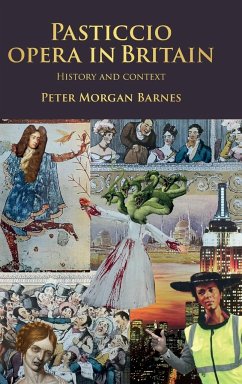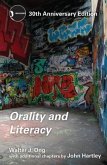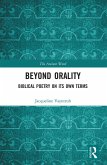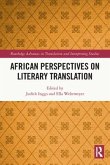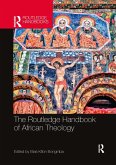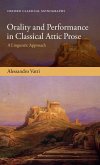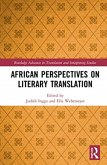This study overturns twentieth-century thinking about pasticcio opera, redefining it as method not genre, and recontextualising it among many artforms which created new works from pre-existing parts. Its history is interwoven with societyâ s transition from a predominantly oral to literate culture and evolutions in conceptualising the self. -- .
Hinweis: Dieser Artikel kann nur an eine deutsche Lieferadresse ausgeliefert werden.
Hinweis: Dieser Artikel kann nur an eine deutsche Lieferadresse ausgeliefert werden.

